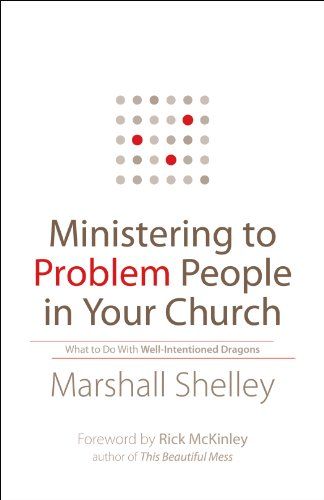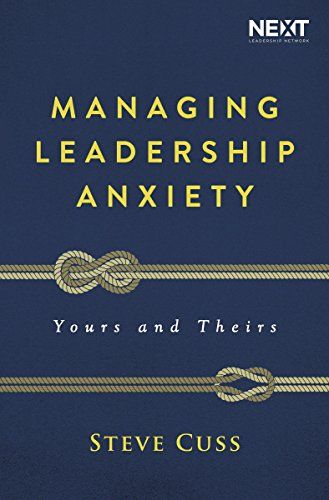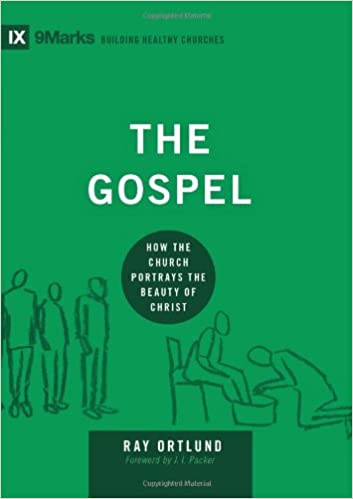The Trolls Are Coming. These Books Will Help You Respond.

“This won’t take long,” she said.
We sat in the foyer of the church building. She didn’t want to venture any farther. We sat in chairs facing each other while she unloaded on me for my failings as a pastor. “You don’t need to respond,” she said. “There’s nothing you can say. This is the last time you’ll ever see me.”
If you’ve pastored for long, you’ve probably faced a similar scenario. Things seem to be getting worse these days with the increasing polarization in our culture and the rise of online shaming.
How do we respond when we’re on the receiving end of anger, and when there’s little we can do to respond?
Three books can help.
Ministering to Problem People in the Church

First released as Well-Intentioned Dragons, this classic by Marshall Shelley prepares the pastor for what’s coming.
“In the church, most dragons see themselves as godly people, adequately gracious and kind, who hold another viewpoint they honestly believe is right,” he writes. “The goal in handling dragons is not to destroy them, not merely to disassociate from them, but to make them disciples. Even when that seems an unlikely prospect.”
This is one of the key books I think every pastor should read. It will prepare the naïve pastor for the inevitable conflict they will face. The stories in the book will reassure you that you’re not alone. It also prepares you to build a church culture where unhealthy conflict is less likely to thrive.
One of the key lessons: don’t respond to dragons by becoming a dragon. Also: how we pastor matters. “Pastors who personify a nondefensive spirit of joy and generosity tend not to attract as many dragons,” he writes. Such an important book.
Managing Leadership Anxiety

I first heard a pastor-friend talk about the work of Edwin Friedman. While Friedman’s work is important, it takes a bit of work to adapt it to our context. Steve Cuss has done this work for us in his book Managing Leadership Anxiety: Yours and Theirs.
Cuss helps us realize that what’s happening underneath the surface in response to others can be “the most important leadership tool.” Diffusing our own anxiety helps build “an increased capacity for anxious situations, difficult people, and ambiguity.” We often ignore the reality that leadership is “about the emotional context: yours and theirs. Managing anxiety under the surface: yours and theirs.”
I really appreciate how Cuss translates Friedman’s work. He helps us identify that “anxiety can be an early detection system that we’re depending on something other than God for our well-being.”
If you’ve heard terms like differentiation or non-anxious presence and wondered what they mean, you’ll appreciate this book. Applying its lessons takes a bit of work, but it’s worth it. Keep this book handy and pull it out when needed to remind you of its lessons.
The Gospel

I’d never heard the term “gospel culture” before reading Ray Ortlund. But it’s a term that should regularly be on all of our minds. In his book The Gospel, Ortlund writes, “Gospel doctrine creates a gospel culture. The doctrine of grace creates a culture of grace.” Sadly, “A church with the truth of the gospel in its theology can produce the opposite of the gospel in its practices.”
I love how he expresses this idea in equations:
Gospel doctrine – gospel culture = hypocrisy
Gospel culture – gospel doctrine = fragility
Gospel doctrine + gospel culture = power
The Gospel isn’t a book designed to help in the middle of a conflict. It’s a book to help create a culture where conflicts are a little less likely to happen, and where they are resolved in line with the truths and values of the gospel..
The trolls are coming. The work of the pastor includes preparing our churches and our own souls for when they arrive. These three books have helped me, and I hope you find them helpful too.





